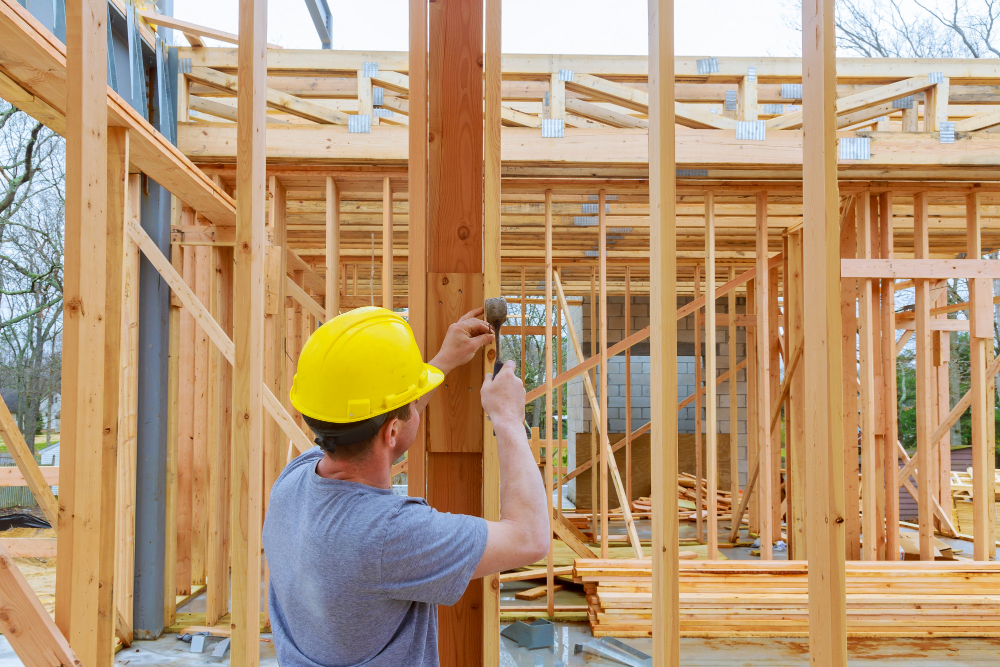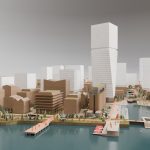Recent political dialogues by the Parti libéral du Québec (PLQ) and Québec solidaire (QS) have sparked a heated debate on methods to stimulate the residential construction industry in Quebec. Proposals to remove the TVQ (Quebec Sales Tax) on construction materials and enhance financial aids have been tabled as potential solutions. As a seasoned architect deeply involved in luxury real estate, I have a vested interest and a distinct perspective on these discussions.
Assessing Political Proposals on Quebec’s Construction Sector
The PLQ and QS have laid out their budgetary expectations to stimulate residential construction through tax adjustments and incentives. However, despite their efforts, the industry has seen a substantial decline, with a notable 32% reduction in construction starts and a decreasing ownership rate among Quebecers. These alarming trends highlight a crucial demand for effective policy changes.
Analysis of Proposed Measures:
- PLQ’s proposal: Eliminating the TVQ on construction materials and offering financial incentives to municipalities meeting specific construction permit targets.
- QS’s perspective: Proposing a $470 million investment to boost construction starts by increasing TVQ refunds on new constructions.
While these proposals aim to alleviate some financial burdens, they may not address the deeper systemic issues plaguing the construction sector.

“But alas, neither the PLQ, nor the QS, nor the PQ, nor the CAQ, nor the federal government, nor the City of Montreal have the courage or the knowledge to change course.”
Miguel Escobar – THE LUXURY OF EXPERIENCE – Interdisciplinary & International Real Estate and Economic Development Strategist
Architect Miguel Escobar’s Perspective on Effective Strategies
As I analyze these political propositions, it’s clear that removing the TVQ, while seemingly beneficial, might not be the catalyst our construction industry needs. Here are my thoughts and recommendations for truly revitalizing the sector:
Preserve the TVQ for New Constructions: Retaining the TVQ could be more beneficial in the long term, ensuring that once the market stabilizes, provincial and federal governments do not lose a vital revenue stream.
Policy Revisions: It’s critical to revisit policies that hinder investments from non-residents while protecting the interests of permanent residents. Removing zoning restrictions and bureaucratic hurdles can significantly encourage developers to initiate projects.
Urban Infrastructure and Population Dynamics: With global populations expected to plateau or even decline by 2050, it is essential to focus on densification and avoid extending infrastructure beyond already built urban areas.
In light of these perspectives, it appears neither the PLQ, QS, nor other political entities currently possess the boldness or insight required to implement these necessary changes.
FAQs:
Q1: What are the main proposals from PLQ and QS to boost residential construction? A1: The PLQ suggests removing the TVQ on construction materials, while QS proposes enhancing the TVQ rebate program for new constructions.
Q2: Why does Miguel Escobar disagree with removing the TVQ? A2: Escobar believes that maintaining the TVQ is crucial for retaining a vital revenue source once the market stabilizes, and that it is not an effective stimulus on its own.
Q3: What alternative strategies does Miguel Escobar propose? A3: Escobar recommends revising investment-blocking policies, removing zoning restrictions, and focusing on urban densification.
Q4: What is the significance of policy changes in the construction sector according to Escobar? A4: Policy changes can directly influence the feasibility and attractiveness of new construction projects, which are critical for meeting housing demands and economic growth.
Q5: How does Escobar view the political will to change the construction industry? A5: He is critical of the current political climate, suggesting that there is a lack of courage and understanding necessary to make impactful changes in the construction sector.
This blog post reflects a deep dive into the complexities of stimulating the residential construction sector in Quebec, providing a professional’s critique of current political proposals and offering grounded, innovative solutions to foster genuine growth and sustainability in the industry.



